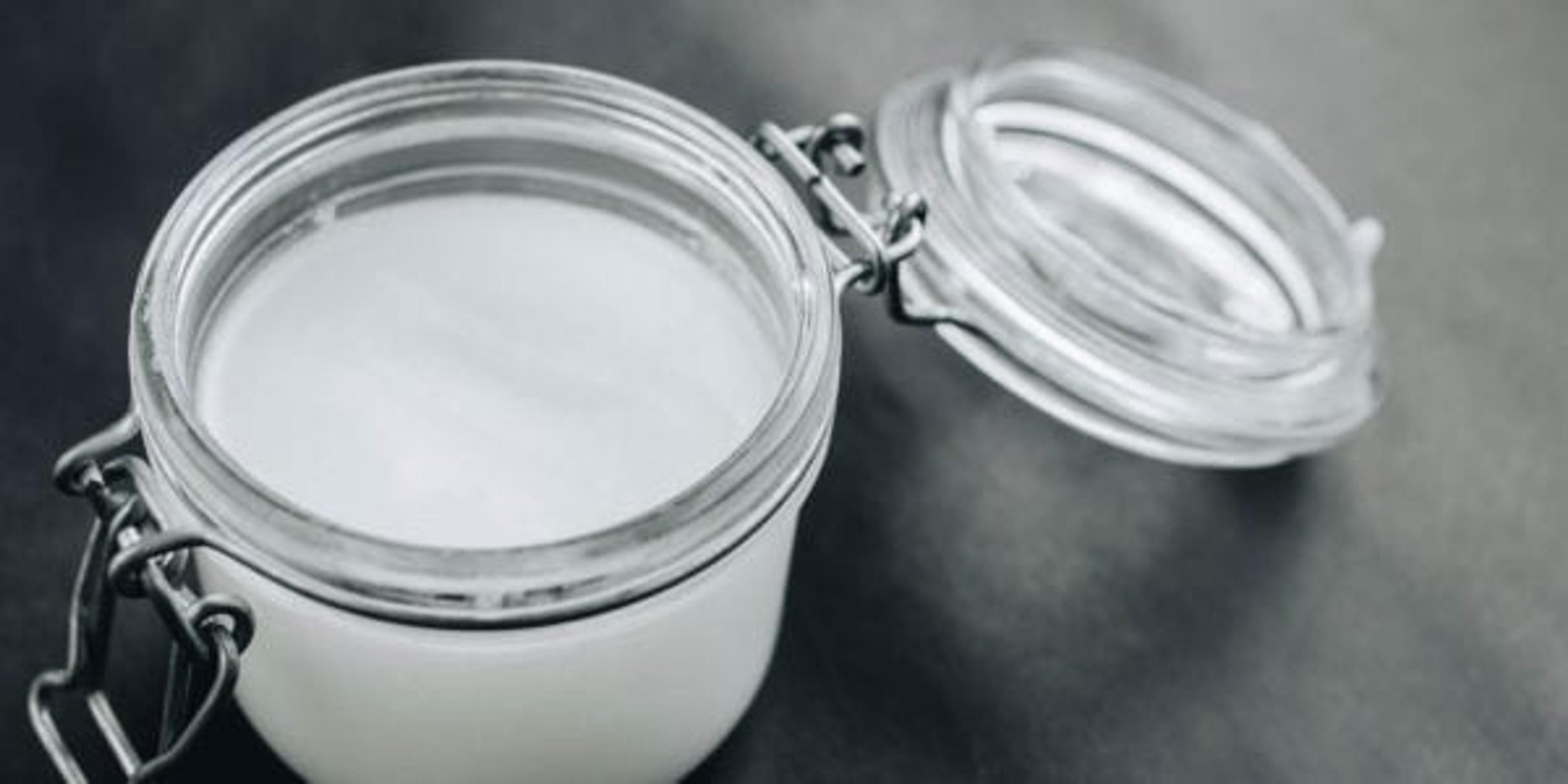Natural Alternatives to Deodorant

Hannah Brauer
| 3 min read

The average person uses 272 sticks of deodorant in their lifetime. It’s something we use every day, and especially in the summer when we’re in the sun and sweating more often. But do you ever think about what’s in the deodorant you put on every morning?
There are plenty of theories that link ingredients found in deodorants and antiperspirants to various health problems. However, there’s limited scientific research to support such concerns.
Deodorant works by stopping the breakdown of bacteria under the arms, which is what causes body odor in the first place. Antiperspirant is a type of deodorant that contains aluminum to plug sweat glands and helps prevent you from sweating altogether. Sometimes, deodorant and antiperspirant use chemicals to combat your body’s natural odor.
If you are concerned about any ingredients in your regular deodorant or antiperspirant, consider making your own with these natural alternatives:
- Witch hazel is a Michigan-grown shrub that is good for sensitive skin that may otherwise react to alcohol content in deodorants. It can shrink pores and cause sweat to evaporate, making it a good alternative for antiperspirant.
- Essential oils are naturally extracted from the roots, leaves, seeds or blossoms of various plants and act as natural alternatives for fragrances in deodorant. Some are even antibacterial and can help reduce odor before it starts, such as rosemary, sage, lemongrass and tea tree oil.
- Mineral salts can be used as an alternative for aluminum in antiperspirants by forming a temporary layer on pores rather than plugging them. It won’t keep you from sweating, but it’ll prevent the smell from bacteria breakdown.
- Baking soda is known for neutralizing odor, but it can also soak up excess moisture when applied to the underarms. Many natural deodorants use it to mimic the effect of antiperspirants without blocking your sweat glands.
- Coconut oil is often praised for its many topical benefits. Because of its antibacterial elements and moisturizing effect on the skin, it’s a good ingredient for homemade deodorants.
- Lemon juice contains citric acid, which can kill odor-causing bacteria. Plus, it’ll give you a fresh scent that will last throughout the day.
- Shea butter is moisturizing and reduces inflammation, so pairing it with baking soda or lemon juice can lessen its harshness on the skin. Plus, shea butter isn’t greasy and absorbs quickly into the skin, so it won’t spread onto your clothes.
Don’t know where to start? Follow this easy, affordable recipe for homemade shea butter deodorant:
Ingredients:
- 3 Tbsp. coconut oil
- 3 Tbsp. baking soda
- 2 Tbsp. shea butter
- 2 Tbsp. witch hazel (optional)
- Essential oils
Instructions:
- Combine shea butter and coconut oil and melt over medium heat.
- Pour into a glass jar, then add baking soda and witch hazel.
- Mix and add essential oils of your choice.
- Either store in jar or pour into an old deodorant stick for easy application.
If you liked this post, you may also like:
Photo credit: Marco Verch





